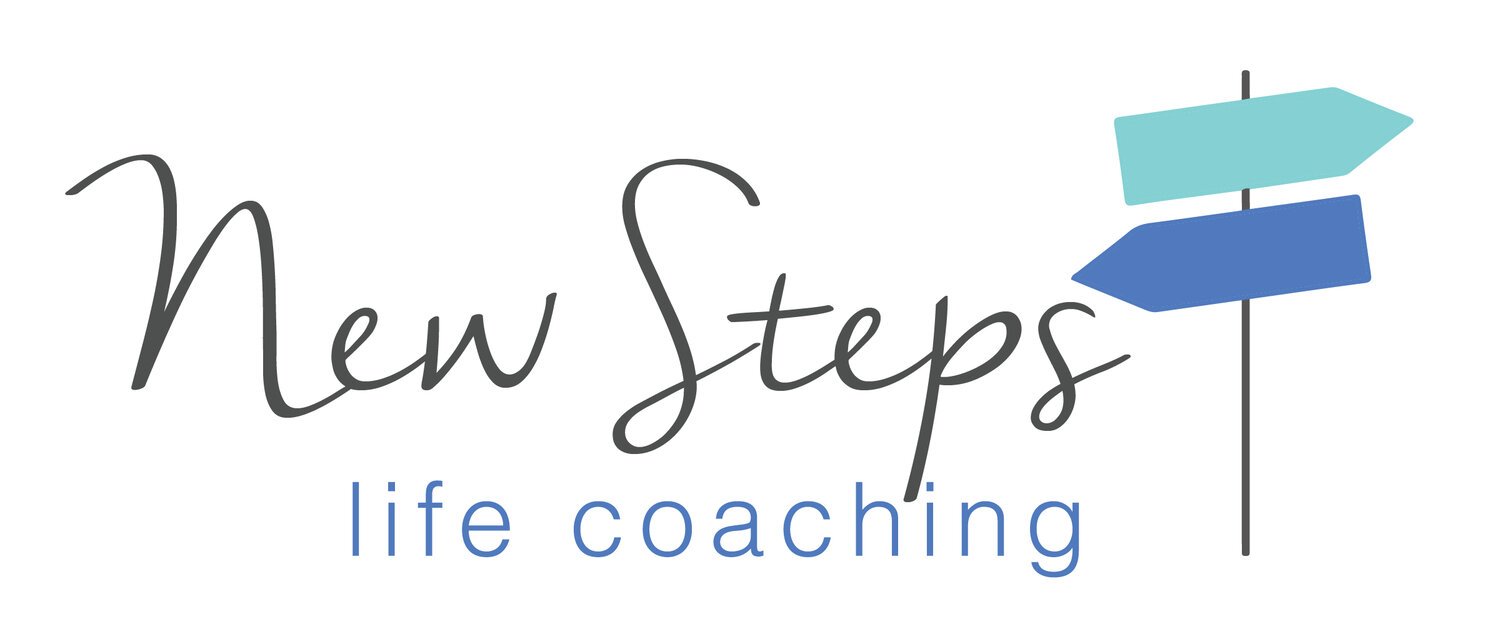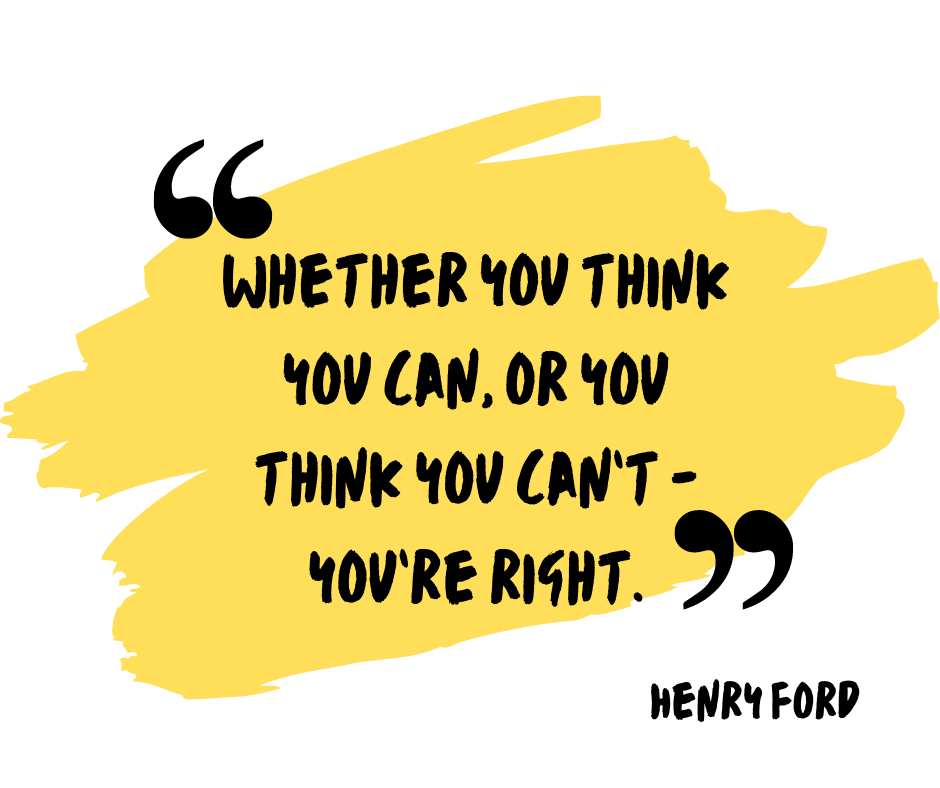Resolutions: How to Make Them More Successful
/January was months ago and if you are like most people, you’ve already lost traction on any New Year’s Resolutions, if you made any at all. Sugar has slipped back into the diet, you are exercising a little bit less, and you haven’t touched the clutter in your closets.
A Forbes article, written in February 2020, noted that 50% of people make New Year’s resolutions and by February, 80% of those people have given up on their goal.
I hope you haven’t given up just yet. Whether there is just a little glimmer of embers or a raging fire still burning under your goal, any day is a good day to rebuild and resume.
Having lived through this experience, and worked with hundreds of clients on their “resolutions” and goals, I’ve come to realize that it’s more than just setting a goal, it’s working toward an outcome that is important to you, and the goals are small steps that help you get there.
As Google reminded us recently, “Turn your resolutions into lasting habits.”
Here are a few thoughts I have about what helps us to be successful goal-setters.
Selecting your goal
Create a goal that is specific, realistic, and has true meaning to you. Be able to state the WHY behind the WHAT. For example, I want to get healthier because I want to continue an active lifestyle and feel comfortable in my body. My mini-goals might include lowering sugar intake, exercising daily (even 15 minutes), staying in touch with a health buddy each week, and getting 8 hours of sleep each night. If “improved health” was your desired outcome, what would your mini-goals include?
Not everyone picks health for their outcome. You might focus on work, organizing, or relationships. Pick something you feel committed to, and that you believe in. Many people pick a goal based on what they feel they “should” do, a momentary inspiration on December 31, or join someone else in their goal. If you lack commitment and you don’t really believe in your goal – it’s the wrong goal to work toward.
It’s okay to start small. Baby steps lead to confidence and then to bigger steps. Baby steps also allow you to develop habits. “I will go to bed by 11 pm (30 minutes earlier than my usual).” “I will journal for 5 minutes at the end of the day.”
Create a plan for your goal
Once you’ve chosen a goal (your WHAT), figure out the HOW. Assess all your options and select the best course of action based on your own experience and gut instinct. You are the best expert on YOU; years of trying to set or shift habits, or knowing what has made you successful in the past can inform you of the best way to approach this particular goal. If you get started and are not seeing the results you want, you can always shift your plan.
The bigger the goal, the more expansive the plan you might need. The journey of buying a house for the first time could take years. The actual purchase might only take months. If you started the plan of saving, pre-qualifying, and looking at the housing market over a year ago, the effort to buy a home will likely go much smoother.
Keep a positive mindset
Your thoughts will affect how well you stay focused and on course. Do a mental check-in each day to see what your inner dialogue is like. Are you saying motivating things to yourself or putting yourself down? Visualize yourself achieving your goal and put it into writing, or perhaps create a Vision Board with fun pictures, motivating quotes, and colorful graphics. Choose to think you can!
It’s time to set your intentions. What will you do over the next few weeks that will give you clarity about an outcome you want, and identify a few goals or habits to support you?
If you need any help finding that clarity or getting into action, please reach out!



